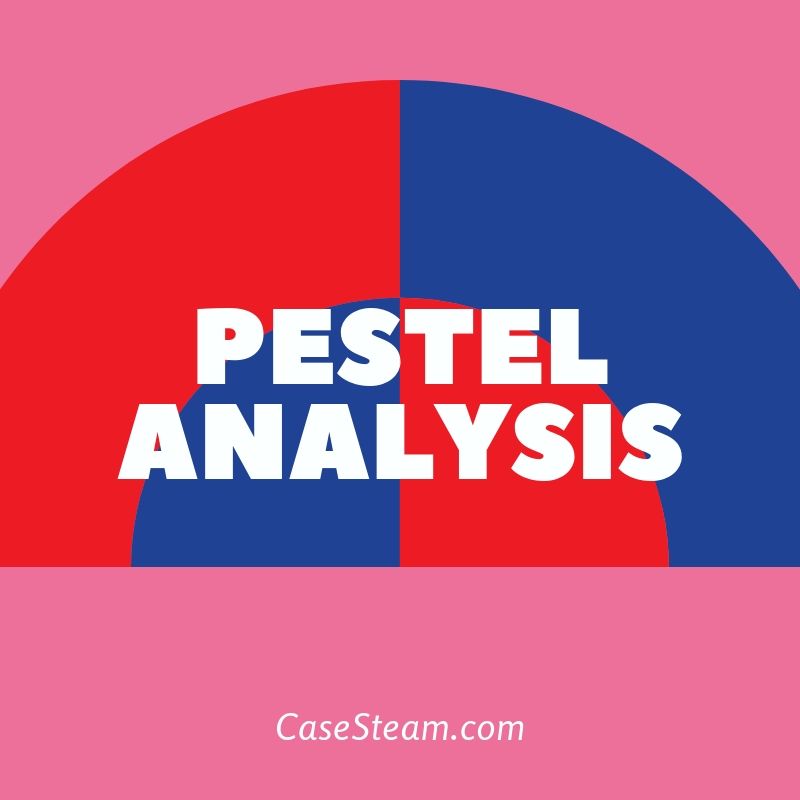Practical Regression Maximum Likelihood Estimation's exterior setting would be researched with the PESTEL framework (appendix 1) for highlighting the industry's Political, Economic, Social, Technological, Environmental and Legal setting while the level of rivalry in the Taiwanese market would certainly be researched under Doorperson's 5 forces analysis (appendix 2). Industry forces such as the negotiating power of the purchaser as well as distributor, the hazard of new entrants as well as alternatives would certainly be highlighted to understand the degree of competition.
Political Factors:
Political factors have actually played the most substantial duties in the advancement of Taiwan's Practical Regression Maximum Likelihood Estimation sector in the form of human source development, innovation development and also setting up of institutes for transferring modern technology. In enhancement to these factors, a five year strategy for the development of submicron innovation was started by the federal government in 1990 which consisted of advancement of labs for submicron growth in enhancement to the above mentioned duties.
Economic Factors:
The truth that the Practical Regression Maximum Likelihood Estimation industry is undergoing an unbalanced need and supply scenario is not the only financial problem of the sector. The excess supply in the market is followed by a cost which is less than the price of Practical Regression Maximum Likelihood Estimation which has caused capital problems for producers.
Economic crisis is a major worry in the industry considering that it can set off low manufacturing. Improvements in effectiveness levels can lead to enhanced manufacturing which leads to economic crisis once again as a result of excess supply and also reduced need leading to closure of firms as a result of reduced income. The Practical Regression Maximum Likelihood Estimation industry has undergone recession thrice from 1991 to 2007 suggesting that there is a high possibility for economic downturn due to excess supply and reduced earnings of companies.
Social Factors:
The Taiwanese federal government has actually focused on human funding growth in the sector with trainings intended at improving the knowledge of sources in the industry. Social efforts to enhance the image as well as quality of the Taiwanese IC industry can be seen by the truth that it is the only sector which had skillfully built divisions of labor worldwide.
Technological Factors:
There are still some technical concerns in the Practical Regression Maximum Likelihood Estimation industry particularly as Practical Regression Maximum Likelihood Estimation suppliers in Taiwan do not have their very own modern technology and also still rely on foreign technological companions. Nevertheless, the government's participation in the sector has been concentrating on changing the Practical Regression Maximum Likelihood Estimation industry to lower this reliance. Dominant companies in Taiwan like Powerchip has actually made critical alliances with foreign partners like Elpida from Japan. There are technological restrictions in this configuration especially as foreign federal governments like the Japanese governmentis reluctant to transfer innovation.
Environmental Factors:
A basic testimonial of the atmosphere suggest that Taiwan is a highly favorable region for Practical Regression Maximum Likelihood Estimation production as noticeable by the convenience in capability development in the Practical Regression Maximum Likelihood Estimation market. The truth that the region uses producing abilities further strengthens this monitoring.
Legal Factors:
The lawful atmosphere of Practical Regression Maximum Likelihood Estimation has issues and possibilities in the form of IP civil liberties as well as legal contracts. A company has the legal defense to shield its copyright (IP), processing and technology which can boost the reliance of others on it. The Practical Regression Maximum Likelihood Estimation industry likewise provides a high value to legal contracts as obvious by the fact that Micron's rate of interest in Practical Regression Maximum Likelihood Estimation may not emerge due to the former company's legal agreement with Nanya as well as Inotera.
PESTEL Analysis for Practical Regression Maximum Likelihood Estimation Case Study Solution
